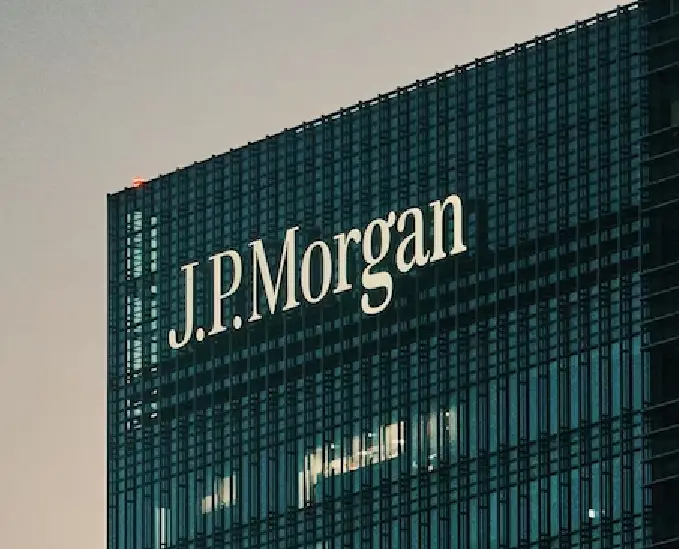Higher interest rates helped JPMorgan Chase report first quarter revenues which beat analysts’ expectations, as net interest income was propelled almost 50% higher.
First quarter profit came in at $12.6 billion, or $4.10 per share, a 52% increase from the $8.3 billion, or $2.63 per share the firm made during the same period one year prior.
Revenue rose 25% throughout the company, to $39.34 billion, as interest rates rose sharply due to the Federal Reserve’s unprecedented hawkishness in tackling domestic inflation. That carried net interest income higher. Net interest income, the profit the bank earns from its lending operations, surged 49% to $20.8 billion.
Revenue just at the community banking unit rose 80% to $5.2 billion due to the higher interest rates.
Jamie Dimon, CEO of JPMorgan, noted that both the economy and the US consumer have continued to remain healthy, however he cautioned that lenders may suddenly turn more conservative due to the banking crisis, and that could impact consumer spending, and the broader economy.
He went on to add, “The storm clouds that we have been monitoring for the past year remain on the horizon, and the banking industry turmoil adds to these risks,” noting that if it begins to appear there is an approaching downturn, banks will likely rein in lending, which will impact consumer activity.
With $3.7 trillion in assets, JPMorgan is the largest US bank. In the first quarter of this year, its deposits rose to $2.38 trillion, from the $2.34 trillion it had posted in the fourth quarter of last year.
Experts noted that deposits at the lender surged following the collapse of two regional banks, Silicon Valley Bank, and Signature Bank, which collapsed in early March amid runs on their deposits. Following that spectacle, other bank customers sought to shift their deposits from small regional lenders to larger banks, which were perceived as “too big to fail.”
A third lender, First Republic Bank, neared collapse, before a consortium of the largest Wall Street Banks stepped in, JPMorgan among them, and rescued the bank with a liquidity injection made up of $30 billion in deposits.


